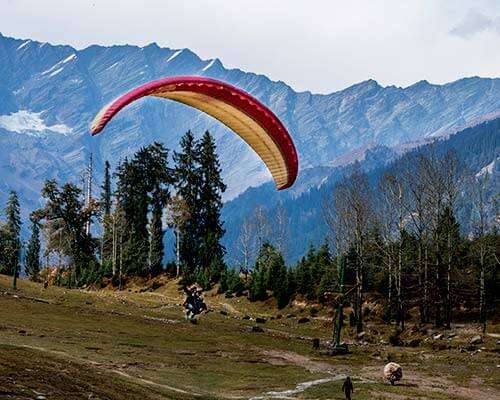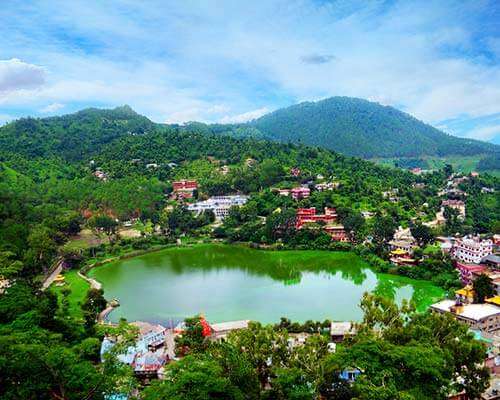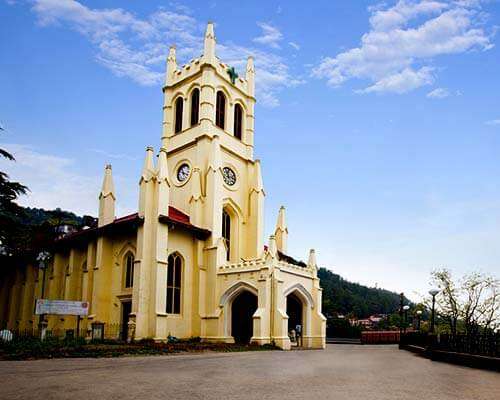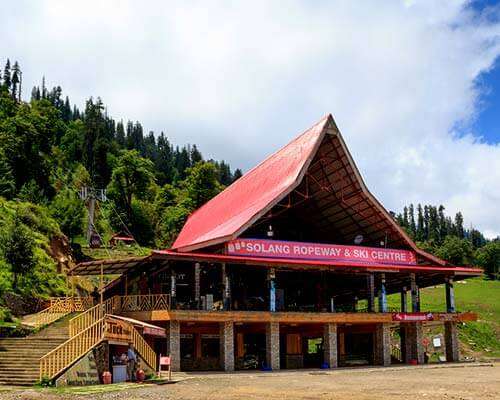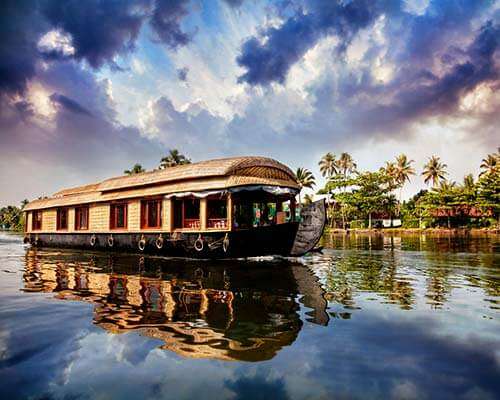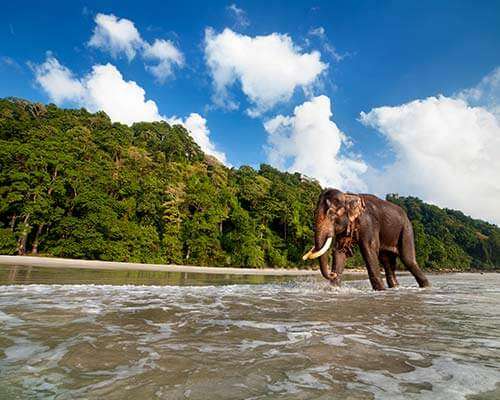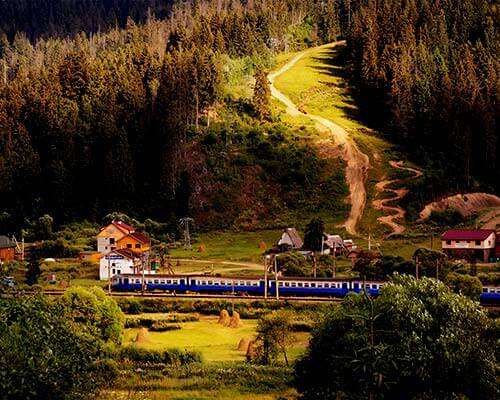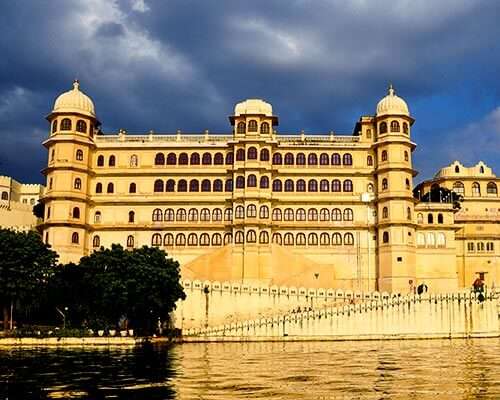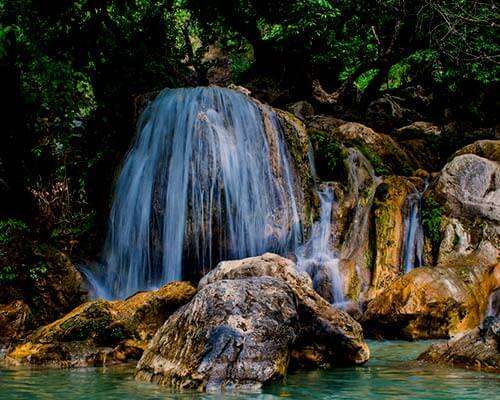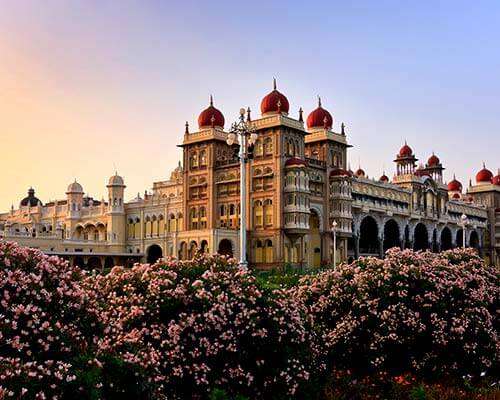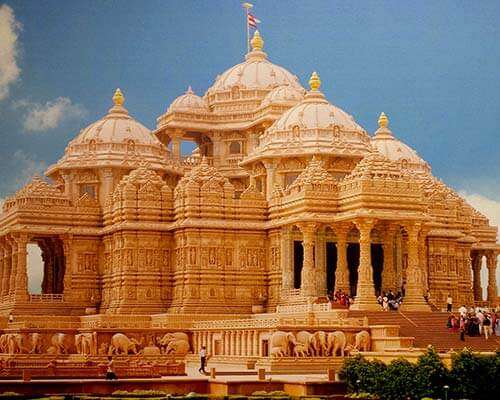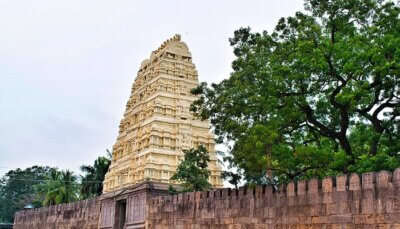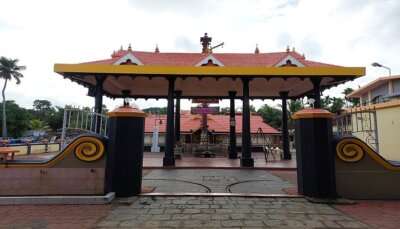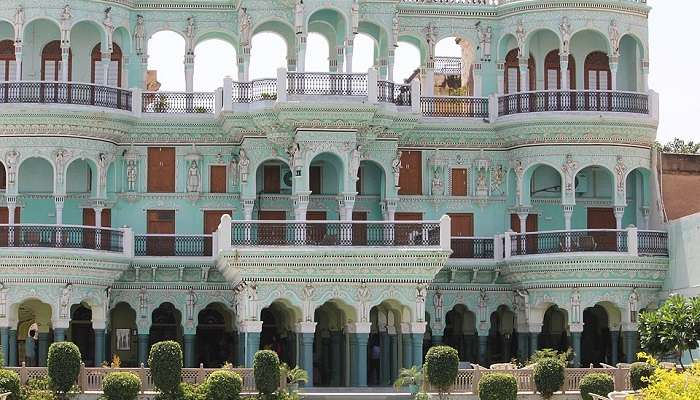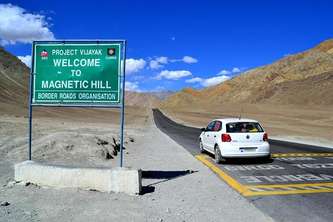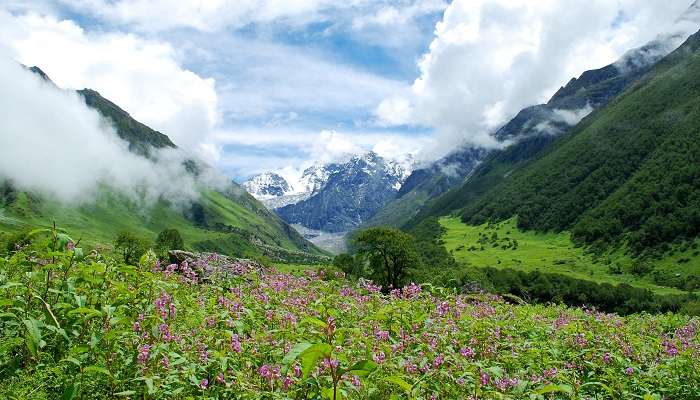Tirthan Valley in March 2026: Weather, Best Places to Visit & Things to Do
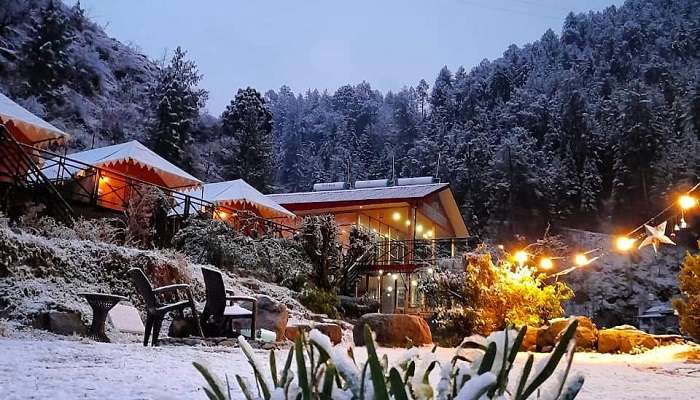
Welcome yourself to the Tirthan Valley in March, where the Himalayas’ best-kept secrets are hidden. The beautiful mornings by the water, majestic hills, and several serene beauties can be explored in Tirthan Valley. Listening to the sound of water or watching blue clouds float across the sky is, by all means, a wondrous experience.The valley gets its name from the Tirthan River flowing through it. Amazing landscapes and views completely soothe you and fill your head with curiosity, making your hiking experience a mystery.
Tirthan Valley Weather in March
Tirthan Valley in March has pleasant weather, making it a wonderful time to visit. The valley looks beautiful as winter changes to spring, with blooming flowers and green landscapes. During the day, temperatures stay between 10°C and 20°C (50°F to 68°F), while nights are cooler, around 5°C to 8°C (41°F to 46°F). The clear skies and fresh air are perfect for activities like trekking, fishing, and exploring the nearby areas. You can also visit the Great Himalayan National Park, known for its stunning natural beauty. A trip to Tirthan Valley in March is peaceful and refreshing.
8 Places To Visit In Tirthan Valley In March
Although considered an offbeat place, Tirthan Valley has become a tourist and commercial destination. The following is the list of places to visit in Tirthan Valley in March that are considered the most popular tourist attractions and must be visited.
1. Jalori Pass
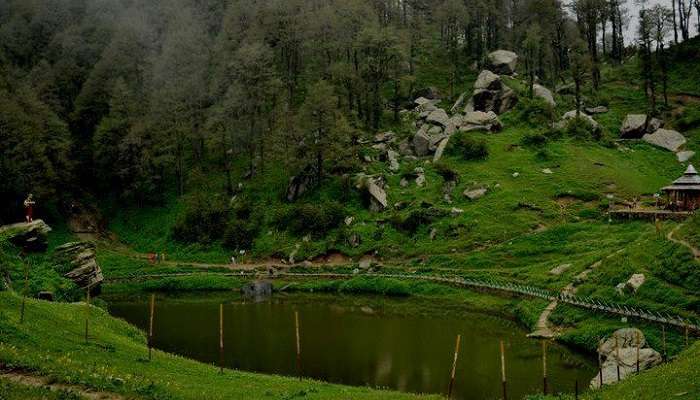
The Jalori Pass is a connecting link between Kullu and Shimla. It is one of the most beautiful passes in the Tirthan Valley. Visiting Tirthan Valley in March is bound to bring ample avenues for exploration. Adorned with some genuinely breathtaking beauties like the Shringa Rishi Temple and the Chehni Kothi, this place can’t be missed out. The Shringa Rishi Temple is famous for its flawless architectural works and is home to the chief deity of Banjar Valley. This temple is situated at a distance of 4 km from the main highway to Jalori jot, and it is of great religious importance to the localities.
Attractions near Jalori Pass: Chaini Kothi, Gaidhar Waterfall, Sirolsar lake
Also Read: Tirthan Valley Trek
Himachal Holiday Packages On TravelTriangle
2. The Great Himalayan National Park
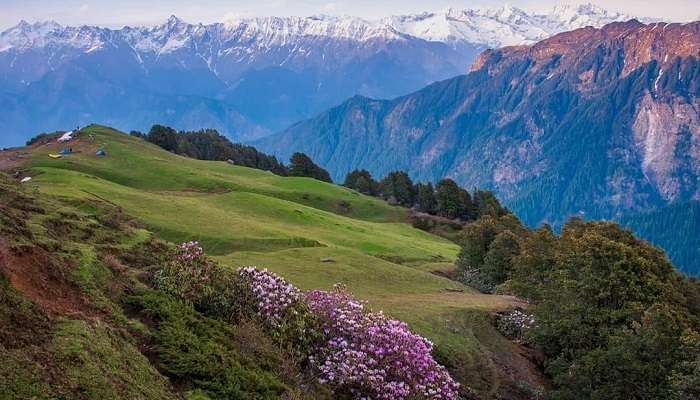
The Great Himalayan National Park is located in the Seraj Forest Division, around 60 km from Kullu in Himachal Pradesh. It was included in the UNESCO World Heritage List at the 38th World Heritage Committee session in Doha, Qatar, on June 23rd, 2014. The Great Himalayan National Park is good for trekking and animal sighting. The best time to visit this park is from March to June and mid-September to November.
Entrance Options: Entrance to this great National Park is strictly by permit.
Fees: The permit charge for Indian visitors is INR 100/—per day, and for foreign nationals, it is INR 400/—per day.
3. Budhi Nagin Temple
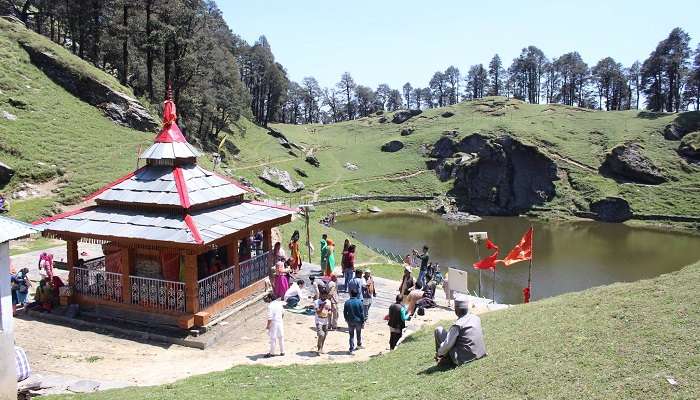
Serolsar Lake is specially dedicated to Budhi Nagin, meaning the mother of all Nag deities such as Shesh-Nag, Kamru-Nag, Mahu-Nag, and other Nag lords of the state. The temple is at a distance of 5 km from the Jalori Pass, and it takes around 1.5 hours to traverse the distance from Jalori Pass to Serol Sar. The temperature is very cool all around the year. In winter, this place experiences snowfall up to 5-8 feet. Considering the pleasant weather in Tirthan Valley in March, it remains the best month to visit.
Related Post: Lakes In Himachal Pradesh
4. Raghupur Fort
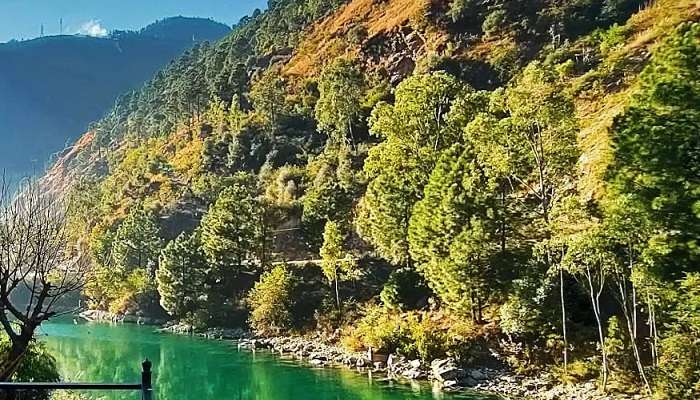
This fort is less visited than Serloser Lake but is, in fact, similarly excellent. Located near Shoja in Himachal Pradesh, the Raghupur Fort offers a 360-degree valley view that stretches until the Dhauladhar ranges. Also known as Raghupur Garh, the Raghupur Fort is approximately a 3 km trek from the Jalori Pass and is a ruined fort with hardly a few walls standing. The walk to Raghupur Fort passes through a lovely forest with spectacular views of the mountains, thus making it one of the most visited places in Tirthan Valley in March.
Location: 5 Km From Jalori Pass, Shoja, India
5. Convergence of Tirthan and Flachan Rivers
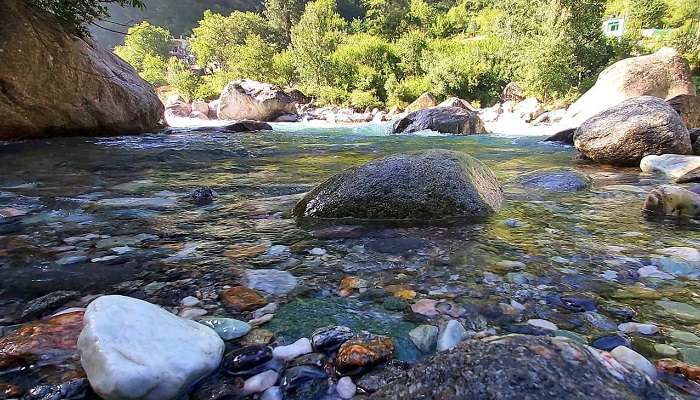
Nothing can be more magical than the joining of two water bodies. The flow of the streams is just therapeutic. This valley has abundant exquisiteness and fewer tourist inflows, making it all the more peaceful and divine. The rivers of both these places, Tirthan and Flachan, merge into each other near the village of Gushaini to present a sight worth seeing and taking pictures of.
Activities: Trekking, Fishing, Camping, River Crossing, Rock Climbing and Bird Watching.
Related Post: Travel Tips For Himachal Pradesh
6. Gushaini
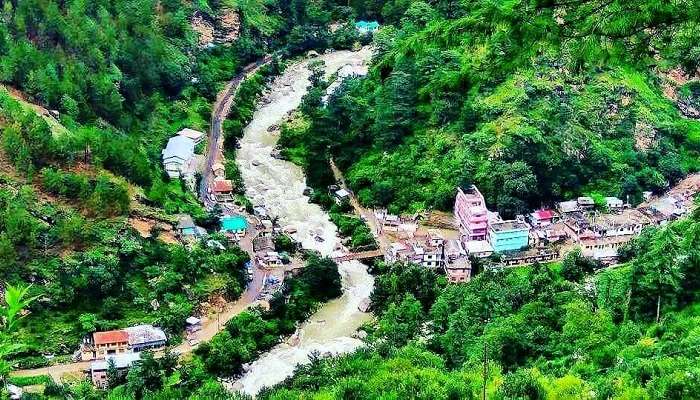
It is a small village in Tirthan Valley, located on the banks of the pristine Tirthan River. Gushaini is a door to Tirthan Valley and is hardly 10 km away from Banjar. This place is also near the GHNP (approx. 10 km), which is preferred for staying by enthusiasts heading to the park. The valley has surprises at every step. The peach, pomegranate, apple, pear, and apricot orchards in and around the waterfall make it a fantastic location.
Activities: Visit Chehni Kothi, Chhoie Waterfall, River watching
Where to Stay: The Blue Sheep Tirthan, Tirthan Nature Camps, Bluehouse by the River
7. Pekhri Village
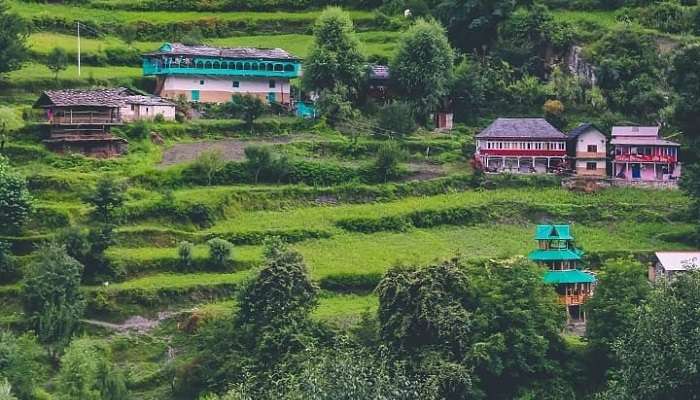
The Tirthan Valley has it all—you wish and get it. Another heartthrob is Pekhri Village, which lies approximately 2100 m in the eco-zone of the Great Himalayan National Park and is accessible via a dirt road from Gushaini. It is a traditional Himachal village that appears hanging on a mountain amid lush greenery. This place also leads to Rangathar and other treks.
Other Villages Nearby: Tinder, Nahin, Ropa, Shalinga and Talinga
Related Post: Waterfalls In Himachal Pradesh
8. Waterfalls Near Tirthan Valley
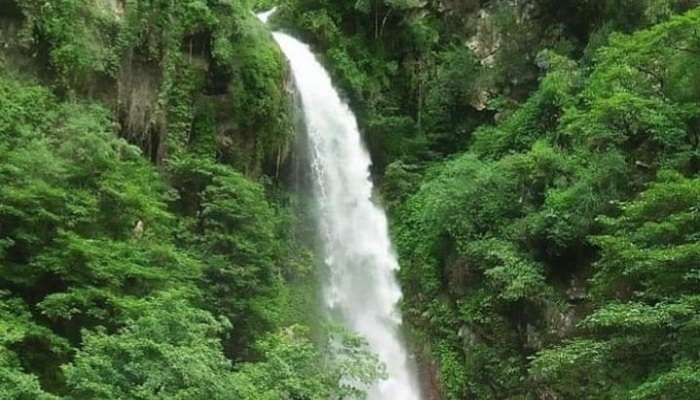
The Tirthan Valley has spectacular waterfalls like Chhoie Waterfall, the least famous waterfall in Jibhi Village. The Chhoie Waterfall is also known as the Sai Ropa Waterfall. The trek to this waterfall is one of the valley’s easiest and most common hikes. The water level, however, depends entirely on the season, but most visitors prefer this trek. Many such beautiful waterfalls are located in the forest near the Jibhi Village, which could be visited while you are in Tirthan Valley in March for unlimited fun.
Things To Do: Trout fishing, Rock climbing, River Crossing, Camping
How To Reach Tirthan Valley
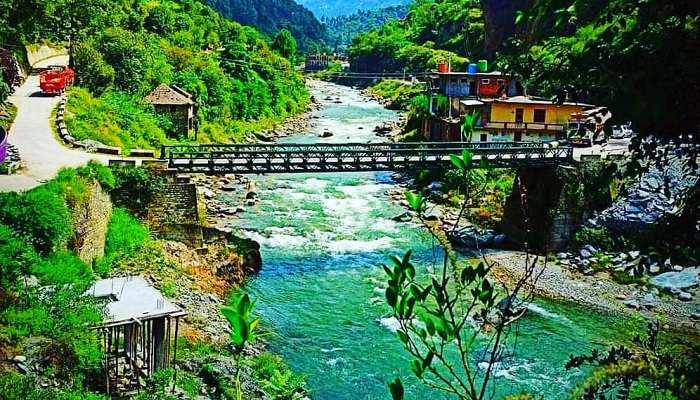
The magnificent Tirthan Valley is approachable by almost all means. However, the most suitable way to reach it is via New Delhi via the roadways. Otherwise, you can also catch a train to the nearest railway stations, Ambala and Kiratpur, and from there, you can see a bus or book a private taxi to reach the exact location. The nearest airport is the Bhuntar Airport, a two-hour ride from the Tirthan Valley. Select a few airlines that operate flights to and from there to other destinations. Helicopter services by Jagson Airlines can also be preferred.
You May Also Like To Read: Homestays In Himachal Pradesh
Overall, a trip to Himachal Pradesh will become an experience of a lifetime, especially if you travel here during March when weather conditions remain pleasant. Plan it now to explore a place that scintillates visitors with its exceptionally appealing beauty. This will surely be a different experience for you, as Tirthan Valley in March becomes an absolute pleasure to explore.
For our editorial codes of conduct and copyright disclaimer, please click here.
Cover Image Source: Facebook
Frequently Asked Questions About Tirthan Valley in March
Does it snow in Tirthan Valley?
Yes, it does snow when temperatures fall significantly in the winter months of January and February. The chances of snow increase the higher you go.
What is the distance between New Delhi and Tirthan Valley?
The approximate distance between Tirthan Valley and New Delhi is around 483 kilometres.
How much time does it take to travel from New Delhi to Tirthan Valley?
It takes around 11 hours to reach Tirthan Valley from the national capital city of Delhi.
Is there cell phone network in Tirthan Valley?
Yes, there is enough cell phone coverage in Tirthan Valley.
What are the essential clothes one should not forget while travelling to Tirthan Valley?
It is a must to carry the woollens and raincoats to be safe.
What is the temperature of Tirthan in March?
The average temperature of the valley in March is around 20 degrees Celsius. And the temperature during the night is between 5-10 degrees. Snow is mostly over by March.
People Also Read:
Himachal Pradesh in March Kerala in March Jaipur in March

Experience the world through captivating stories of adventure and travel. As a senior content writer, I bring my passion for exploration to life, crafting tales that take you on a journey. With my words, you’ll feel the thrill of discovery and the joy of experiencing new cultures. Let me turn your imagination into a reality with stories that inspire you to explore and embrace the world.

